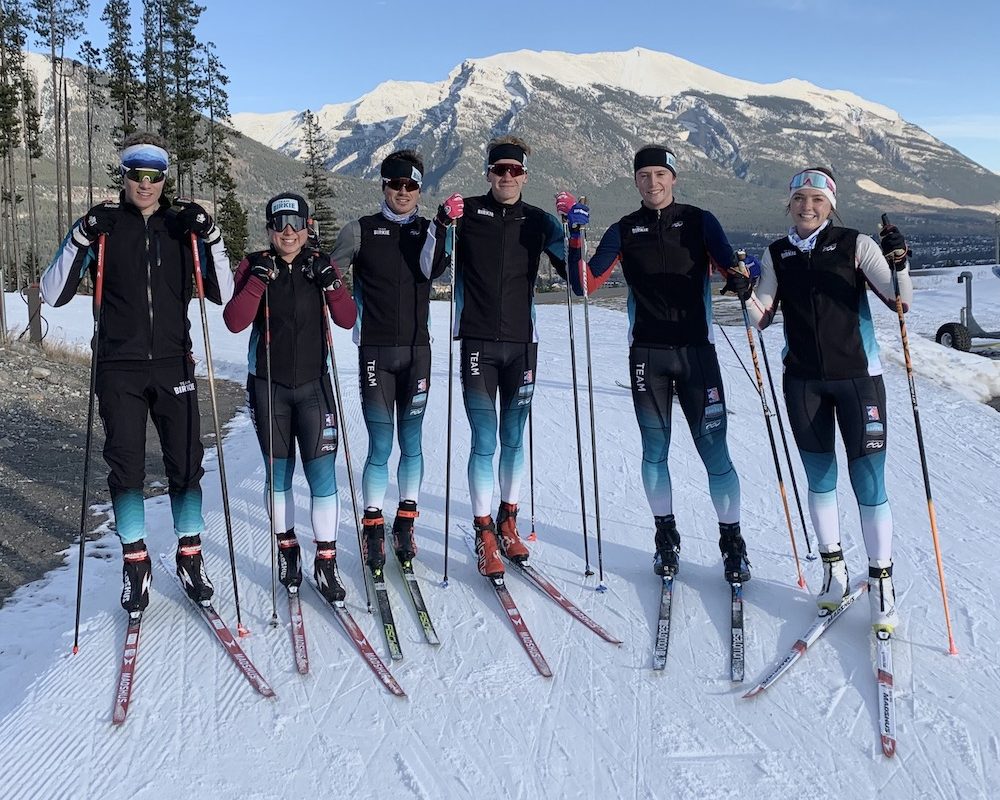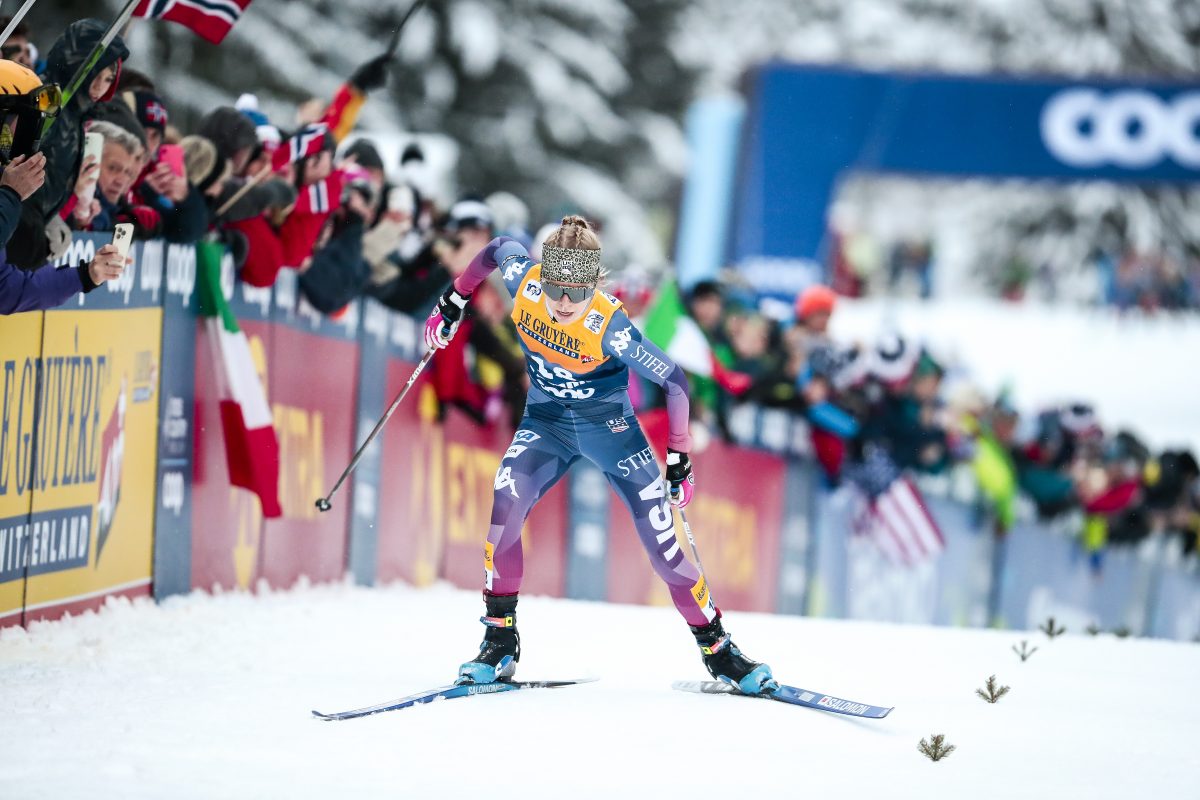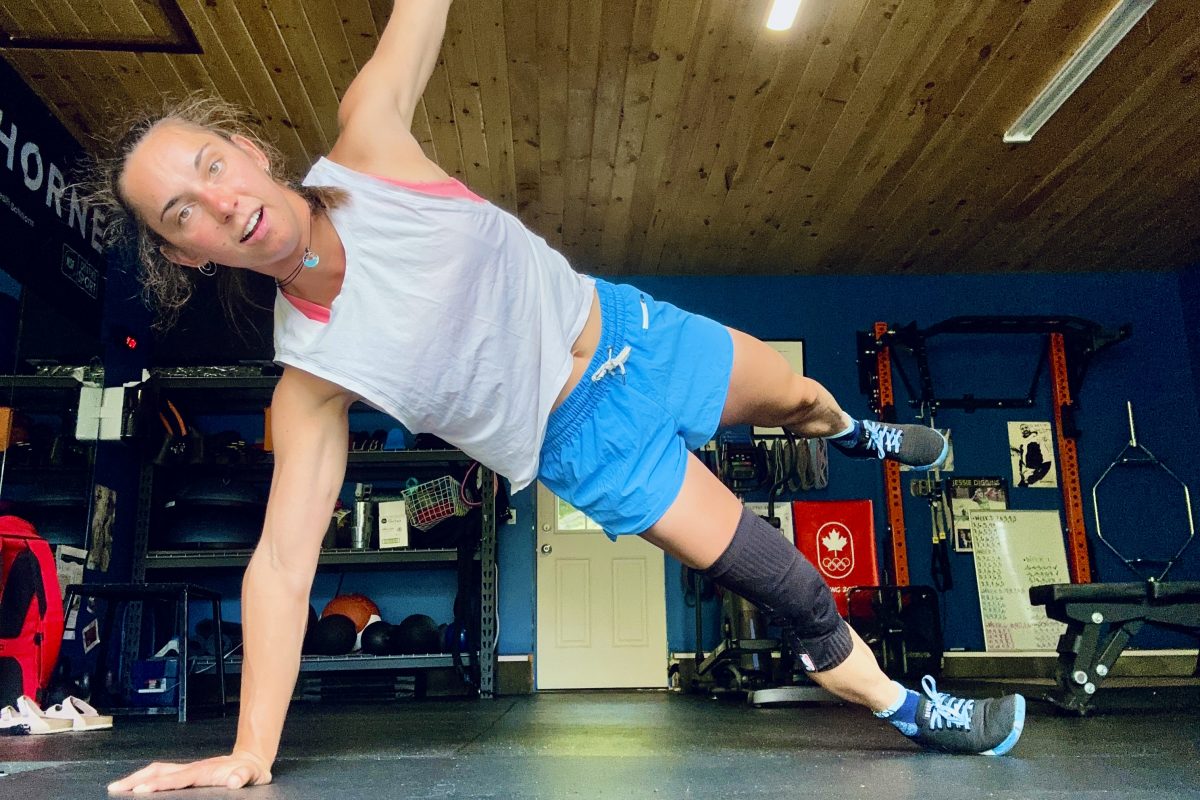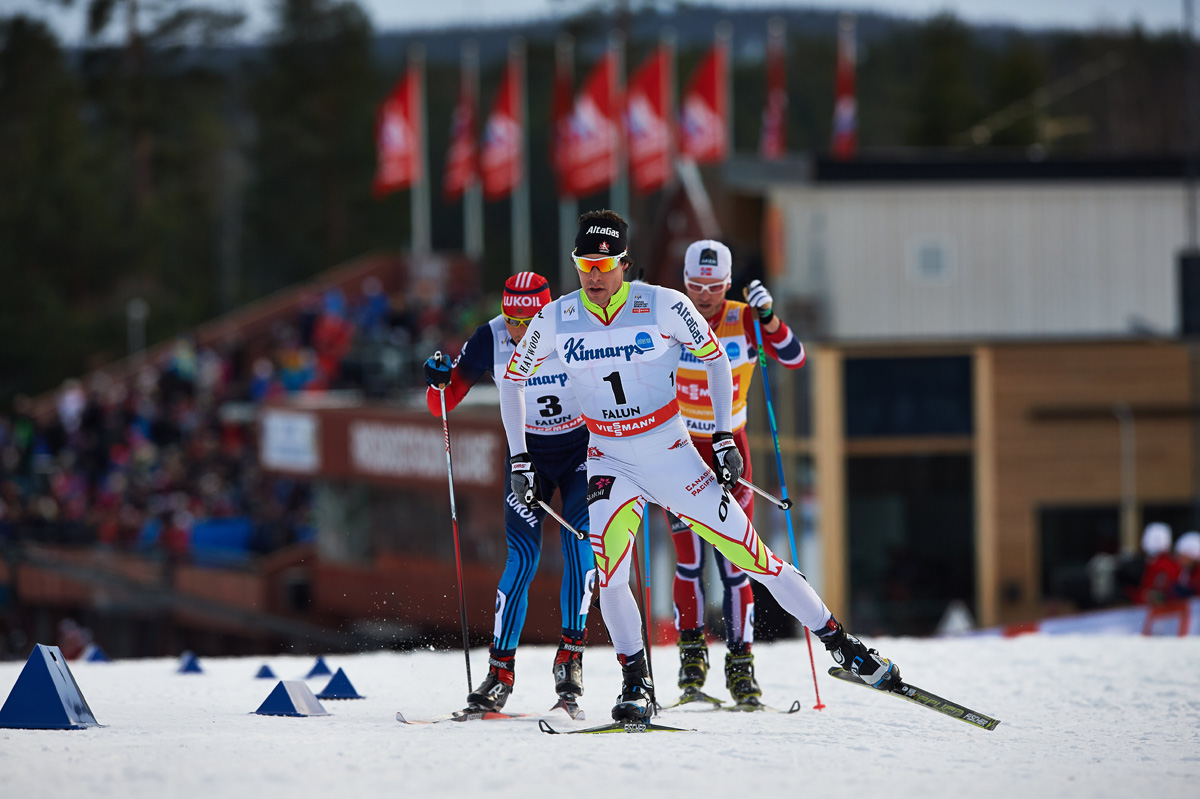
While the Canadian World Cup Team is meeting Monday in Gällivare, Sweden, to prepare for season-opening FIS races on Saturday and Sunday, Alex Harvey and his longtime coach Louis Bouchard flew to Switzerland earlier this month.
In an email, translated from French to English, Bouchard explained their early arrival on European soil.
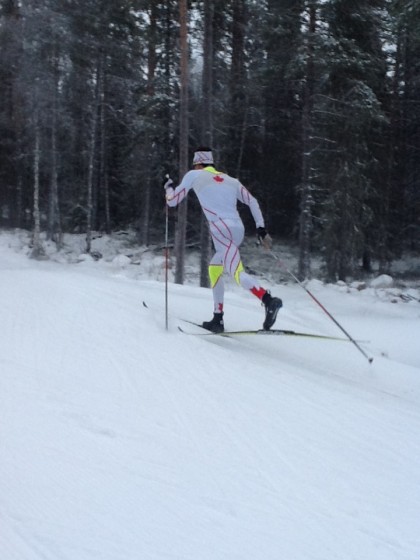
“Alex and I arrived earlier in Davos, Switzerland, to do some altitude training since we both live and train at sea level [Québec],” he wrote.
Harvey did not train and race with the rest of the team at Frozen Thunder in Canmore, Alberta, in late October. After the Canadians’ final dryland camp in Park City, Utah, he headed home to train on snow at Mont-Sainte-Anne.
Bouchard explained he and Harvey would meet the rest of the Canadian World Cup Team on Monday in Gällivare “for the FIS opener, which will serve as good prep races for the World Cup debut,” he wrote.
Gällivare’s races Nov. 22-23 include a classic sprint and 10/15 k classic individual start — the same as the opening World Cup the following weekend in Kuusamo, Finland.
Canadian World Cup Team coach Tor-Arne Hetland said on the phone last Thursday, when Harvey and Bouchard arrived in Sweden, that they chose Gällivare because of how far north it is, its race formats, its snowmaking abilities, and the amount of kilometers open.
This time of year, he said you have to go north in Sweden, Norway and Finland for optimal snow conditions, and in places like Beitostølen, Norway, it often gets crowded on a 5 k loop.
From Friday through Sunday, most of the top Norwegians will be in Beitostølen, and some of the most competitive Swedes will race more than 900 kilometers south of Gällivare in Bruksvallarna, Sweden.
“There will be some Russians on the start and for sure somebody from Sweden, but not something big,” Hetland said of Gällivare. “It is good to get one last test before the World Cup is starting, but it is not something important because it is [the] first hard workout after travel and you need some time to adjust.”
On Monday, the U.S. Ski Team arrived in Muonio, Finland, where head coach Chris Grover explained they would train until Nov. 25. While there were no official races there, he wrote in an email that they’d probably do some time trials.
Joining Harvey are three of his World Cup teammates — Devon Kershaw (who was in Oslo, Norway), Ivan Babikov and Lenny Valjas — as well top domestic skiers Graeme Killick, Jess Cockney, Emily Nishikawa, and Perianne Jones.
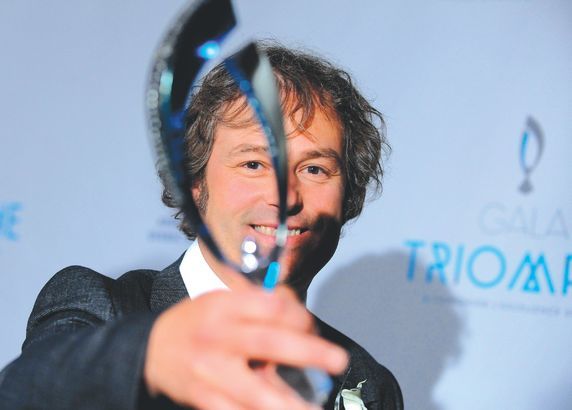
Harvey is pursuing a law degree at Université de Laval in Québec City, and he and Bouchard waited until after his last exams to fly directly to the highest city in Europe (at 1,560 meters, or 5,120 feet) in early November. But even at altitude, Davos didn’t have the best snow conditions.
“This year, the snow conditions are bad, so we’ll stay a few days in Davos and change our plane tickets to go in Gällivare earlier than we would have,” Bouchard wrote.
Hetland, who lives in Davos, said it had been a “normal European fall” with “some days of snow, some days without [and] some warm days.” Fortunately, “in Norway, Sweden, Finland, it’s also starting to be cold,” he added.
Harvey and Bouchard visited Davos to acclimate to the thin air as well as get more comfortable on snow and new equipment. In training, their focus has been primarily race-like intensity, with Bouchard giving an example of skiing a 3- to 4-kilometer loop at “World Cup level” then resting five minutes, and repeating four to five times.
Asked about Harvey’s state of mind as the season officially kicks off with the Ruka World Cup on Nov. 29, Bouchard sounded confident.
“Alex is really optimistic, especially with his third-place finish on the overall standings last season,” he wrote. “He didn’t complete last year’s Tour de Ski, which prevented him from accumulating precious additional points. The whole team is motivated and we’re expecting great results for many.”
The Gala Triomphe’s 2014 Coach of the Year, now in his 15th year as head coach of the Pierre-Harvey National Training Centre (Centre National d’Entraînement Pierre Harvey, or CNEPH), Bouchard pointed out the main difference with Harvey compared to certain previous seasons: “We’re now looking four years ahead, instead of only focusing on the ongoing season.”

